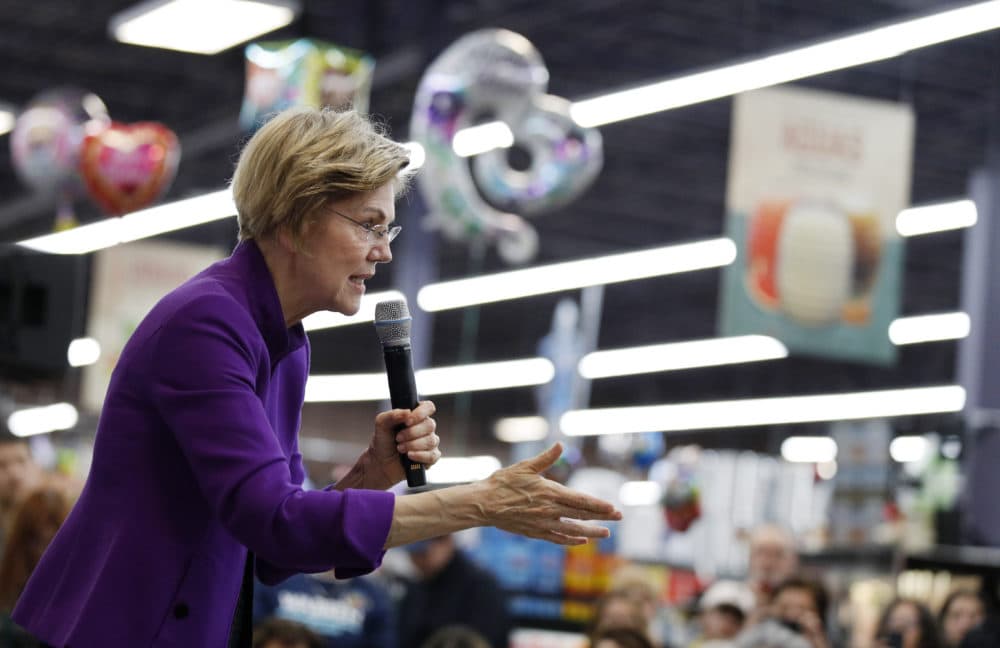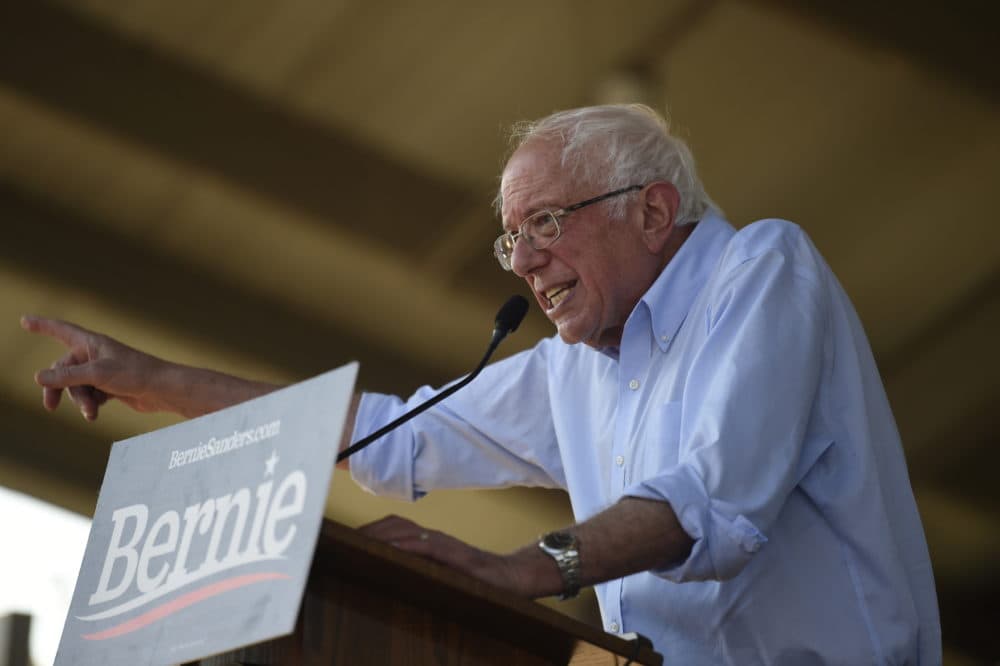Advertisement
Commentary
How To Persuade ‘Medicare For All’ Skeptics

The phone calls started simply enough, but, as with anything to do with health insurance today, nothing is ever really simple.
The most cost-effective insurance plan for my son is his college plan, a Cigna PPO with an ever-changing name and three different websites. Until enrolling at the University of Massachusetts at Amherst, my son switched insurance every time I did, when my income and/or job changed — that’s eight times in the last 10 years. Administrative tasks related to health insurance are almost a permanent fixture on my to-do list.
The 17 calls started in July and continued into the fall.
"Why are bills still unpaid by the insurer, months after several doctor visits?" "How do we get an updated insurance card?" "Why is this year’s summary of benefits still not available?"
Having received no email or hard copy confirmation, I inquired if my son was even still enrolled in the plan. And then, the late-July panic set in: the prior year’s plan listed an ending date of July 31st. Since tuition-plus-premium wasn’t due until the end of August and was thus unpaid, I feared that my child would have no active coverage.
“What happens now?” I asked.
“The insurance will be retroactive to August 1st, once tuition is paid for the fall,” Cigna/Wellfleet/Consolidated Health Plans told me.
I wasn’t so sure about retroactive. Would “not technically active” insurance work in emergency? (I found out later that the insurer was incorrect — coverage stays active for registered students, paid-up tuition or no.)
In my dream world, I am not spending my days wrestling with all things insurance.
Calling health insurers is sort of a sick hobby of mine, which is why I take on the majority of calls instead of foisting them upon my son. Besides, I find the task perversely fascinating: How much of my time can be absorbed by the endless insurance tasks related to my generally-healthy family?
It could be so much simpler.
In my dream world, I have no “choice” of increasingly unaffordable profit-based insurance plans with escalating “cost-sharing.”
In my dream world, there is only one plan: reasonably-priced, publicly-administered, birth-to-death, all-inclusive of both people and medical needs.
In my dream world, I am not spending my days wrestling with all things insurance.
Democratic presidential contenders Bernie Sanders and Elizabeth Warren have proposed similar single-payer, Medicare for All insurance plans that eliminate co-pays, deductibles and out-of-pocket expenses, enroll everyone and drastically reduce costs to both employers and most consumers (although taxes on the wealthiest Americans would rise).

Economists at UMass Amherst’s Political Economy Research Institute estimate that universal single-payer health insurance would save almost 10% over current costs — over $300 billion per year nationwide, savings that would increase over 10 years to $5.1 trillion -- even while adding benefits for 117 million individuals, the almost 30 million people uninsured and 87 million under-insured. When you consider that tens of thousands of Americans die every year because of lack of access to care, this is an extraordinary expansion.
Along with lower negotiated prescription drug costs and uniform payments, large savings would be realized by eliminating costs associated with a market-based system (advertising, high executive salaries, claims review, private-equity profits, shareholder returns, etc.) and the tremendous complexity of billing multiple insurers. All told, administrative costs of our current system absorb 34% of our healthcare dollars.
In a recent article in the New York Times, a handful of health care economists all agreed that Medicare for All would result in large savings in many areas, with administrative-cost estimates at or below 6% of health spending. Imagine if 28% of our current health care spending was redirected to medical care?
When you consider that tens of thousands of Americans die every year because of lack of access to care, this is an extraordinary expansion.
Of course, Medicare for All has its detractors. Some view any new publicly-administered program as either suspicious or socialist, although our government currently funds almost half of all healthcare (while households pay another 28%). Many moderate Democrats, prefer a “public option” to system-wide restructuring.
Sanders, Warren and other proponents of a single-payer system must find better ways to persuade the skeptics. One point that can’t be overemphasized: unless we ditch private insurance and its bloated administrative costs (and implement other proposed reforms), we won’t realize the savings necessary to provide comprehensive, affordable care for everyone. Although better than the status quo, simply inserting “Medicare for all who want it” into our current dysfunctional system will likely lead to few savings, skyrocketing costs and little relief from high premiums, deductibles and co-pays.
Large savings, zero out-of-pocket costs, and universal coverage — those benefits of a single-payer system are compelling. But time would be another benefit of Medicare for All.
For providers, the immense time-savings of dealing with only one insurer, one plan and one set of rules. For consumers, more time means no scrambling for coverage when a job ends, no arguing over who pays the bill, no open-enrollment-period hassles, no worrying about which providers or hospitals are “in-network,” no parsing which unaffordable plan with massive “cost-sharing” will leave families least in the hole if someone becomes ill.
That’s just for starters.
And those 17 calls my son and I made in recent months? There wouldn’t be a need for any of them.
